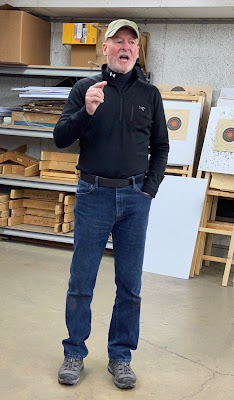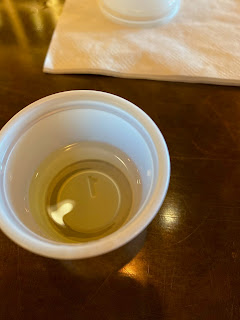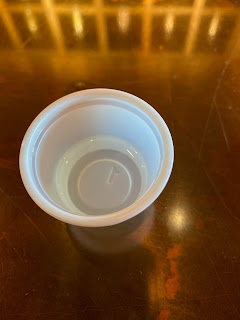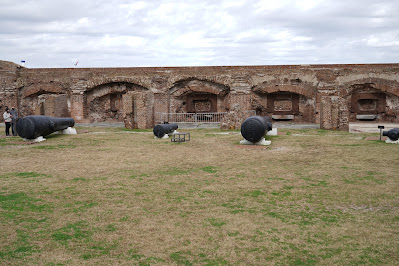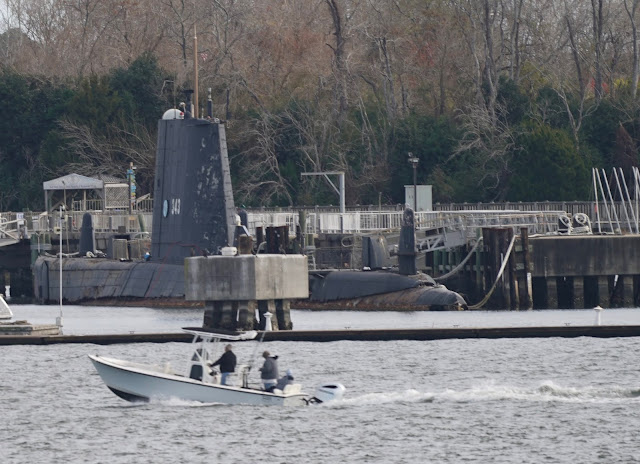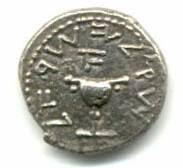So this weekend each morning I got up early, walked the dog, and then headed to Romulus for the Level 1 Range Officers Seminar.
Since I've been shooting USPSA more now, and helping out as a range officer at my local club, I decided to get official.
A huge benefit of the class is you get to understand the rules better as a result of taking the class, so you become a better range officer and a better shooter within the rules as well.
Wondering why you got that procedural or how you got that score? The class explains the whys, the hows, and the wherefores.
Teaching the class was the always awesome Gary J. - a Range Master Instructor, very experienced shooter, course designer, and RO. In short, he knows what he's talking about, has extensive experience doing what he's talking about, and knows how to teach it.
Gary was excellent as the instructor and highly effective in imparting a ton of required knowledge in a very short time.
A very good bunch of students were talking the class - 26 in all. Ranging in age from teens to seniors and everyone had a good attitude about learning the material and being a good RO. Being a good RO requires knowledge, judgment, and attitude components and everyone in class certainly had the right attitude about learning and acting as an RO. It's not about power tripping, it's about appreciating the sport and wanting it to run well and fairly.
Yesterday was spent in class going over how to be a range officer and the main rules, and how to find the answers in the rule book to things that would likely occur. We also talked a bit about course construction and how to RO at a match including higher level matches.
A lot of safety issues were discussed which is rather important, and we saw a few videos that illustrated what not to do. Importantly, make sure the range is clear before starting the next shooter - Always.
Lots of learning occurred - By the end of the morning Saturday I understood the puzzle of the target perforation shot, which was one of the things driving me nuts previously. Now I get it and why it is scored the way it is scored.
Lunch was BBQ and it was awesome.
After lunch, we returned to discuss disqualifications and related matters.
Then we went over some best RO practices and started going over the range commands. Getting the range commands perfect is actually important and in some cases giving the wrong range command can cause a re-shoot to occur or even worse, shooter confusion and a potentially unsafe situation. Often shooters at larger matches may be traveling and are not be fluent in English and instead rely on the exact commands to know what to do. So, memorizing range commands correctly was a must.
So, Saturday night I spent a few minutes memorizing the range commands as instructed, this paid off Sunday morning.
Sunday was drizzling a cold rain all morning, so we did a lot in the classroom first.
We mainly worked on range commands in groups.
Then the rubber guns came out and there would be an RO, a scorekeeper and a shooter and the "shooter" drew a card to see what he would do. Many cards had the shooter shoot the scenario straight, but others had them commit a safety or procedural violation, or otherwise act in strange ways such as not paying attention to the range commands and the RO and scorekeeper had to sort it out and know what was happening and what to do and what rule applied and if a procedural, a quick admonition, or a disqualification was appropriate.
Hi-jinks ensued, learning occurred.
Then on to the range for a couple live fire runs without any deliberate safety violations but with the shooter retaining the right to cause procedural problems or ham it up without flagging anyone or deliberately acting in an unsafe manner.
Interestingly enough, it turns out one of the readers of my blog from Traverse City was attending the class and he figured out it was me. It was very nice to meet the gentleman and we had a good conversation during some of the downtime.
I'm happy to report that I was the first one to do a clean run live as a range officer - no command mistakes, scoring mistakes, or bad positioning or other mess ups on my part, which was happy-making.
Lots of learning occurred just by watching others as the live fire exercises played out - scoring issues would come up, positioning issues came up and lots of range commands needed to be made clear. All good stuff.
Now to do the online test and I'll be official.
The NROI Level One RO class is a great way to be able to better understand the rules of USPSA and to enable you to help your club or section in holding matches. I certainly learned a lot, and will be a much better range officer and USPSA shooter as a result.


